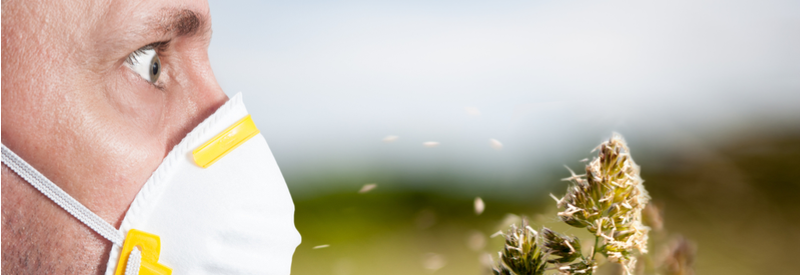Newsletter Signup - Under Article / In Page
"*" indicates required fields
ASIT Biotech, a Belgian company specialized in allergy immunotherapy, raised a total of €13.9M to develop immunotherapies against against grass pollen, peanut and house dust mite allergies.
After raising €9.4M in January, ASIT Biotech has now brought the amount raised on the Euronext Brussels stock up to €13.9M. The funds will be put towards the Phase III clinical development of gp-ASIT+, ASIT’s most advanced drug candidate, for grass pollen rhinitis. The money will also fund pre-clinical and clinical trials for house dust mite rhinitis and early research into food allergy treatments.
ASIT’s technology is based on extracting and purifying natural allergens. To treat grass pollen allergies, patients are injected with the natural allergens, which inhibit the production of IgE antibodies and white blood cells that react against grass pollen to cause allergies. The treatment gp-ASIT+ is an optimized combination of grass pollen allergens administered over a period of 3 weeks. In Phase I & II clinical trials, it has shown to block allergic reactions and reduce reactivity to an allergy provocation test.

The rapid onset and targeted white blood cell activation of the treatment could give gp-ASIT+ an advantage over common approaches for treating respiratory allergies. For example, the combination of antihistamines and inhaled corticosteriods can take several hours to have an effect. Furthermore, allergy shots, although effective at reducing symptoms and inflammation, need to be administered regularly over a period of 4-5 months, after which a maintenance phase follows during which injections are given once a month.
The allergy treatment market is rife with successes and failures. Last week, Aimmune Therapeutics reported positive Phase III trial results for a peanut allergy treatment that could generate up to $1Bn (€0.81Bn) annually. Recently, its competitor DBV Technologies’ got permission to seek FDA approval for the treatment its peanut allergy drug, Viaskin Peanut, despite not meeting its Phase III endpoint last fall. Circassia, based in Oxford, had treatments for cat allergy and house dust mite fail in 2016 which led them to drop their entire allergy treatment pipeline.
The allergy treatment market is rapidly growing in developed and developing countries due to the fast growth of the life science industry, a focus on new treatments, and the increasing prevalence of allergic diseases. However, the above-mentioned successes and failures convey the difficulty in developing effective allergy treatments. The global allergy is expected to grow to $41.17Bn (€33.35Bn) in revenue by 2025. If ASIT Biotech can make its technology work, it may go on to fill an important market niche.
Images by damiangretka /Shutterstock, ASIT biotech






